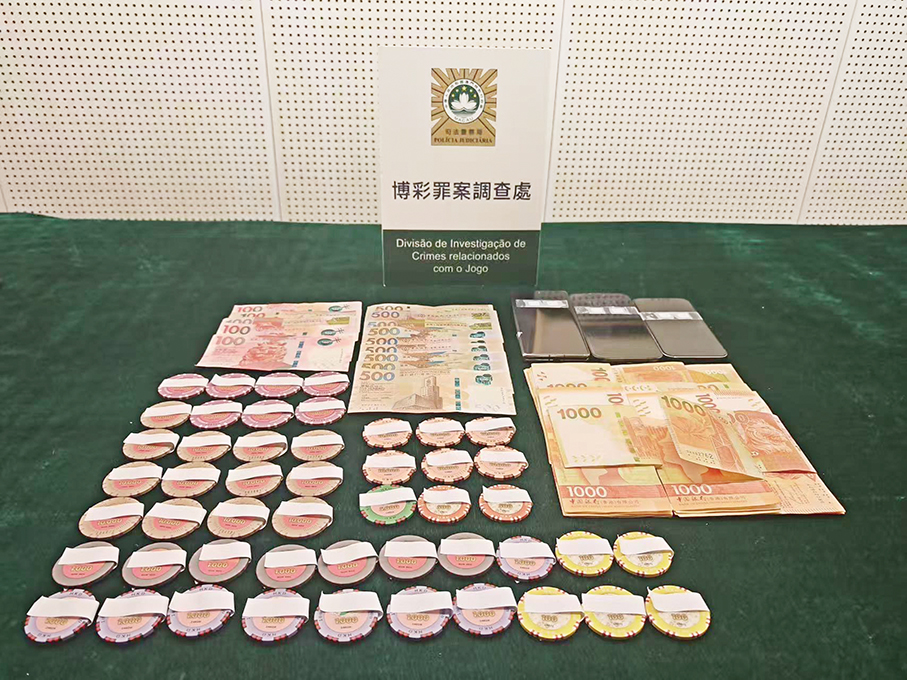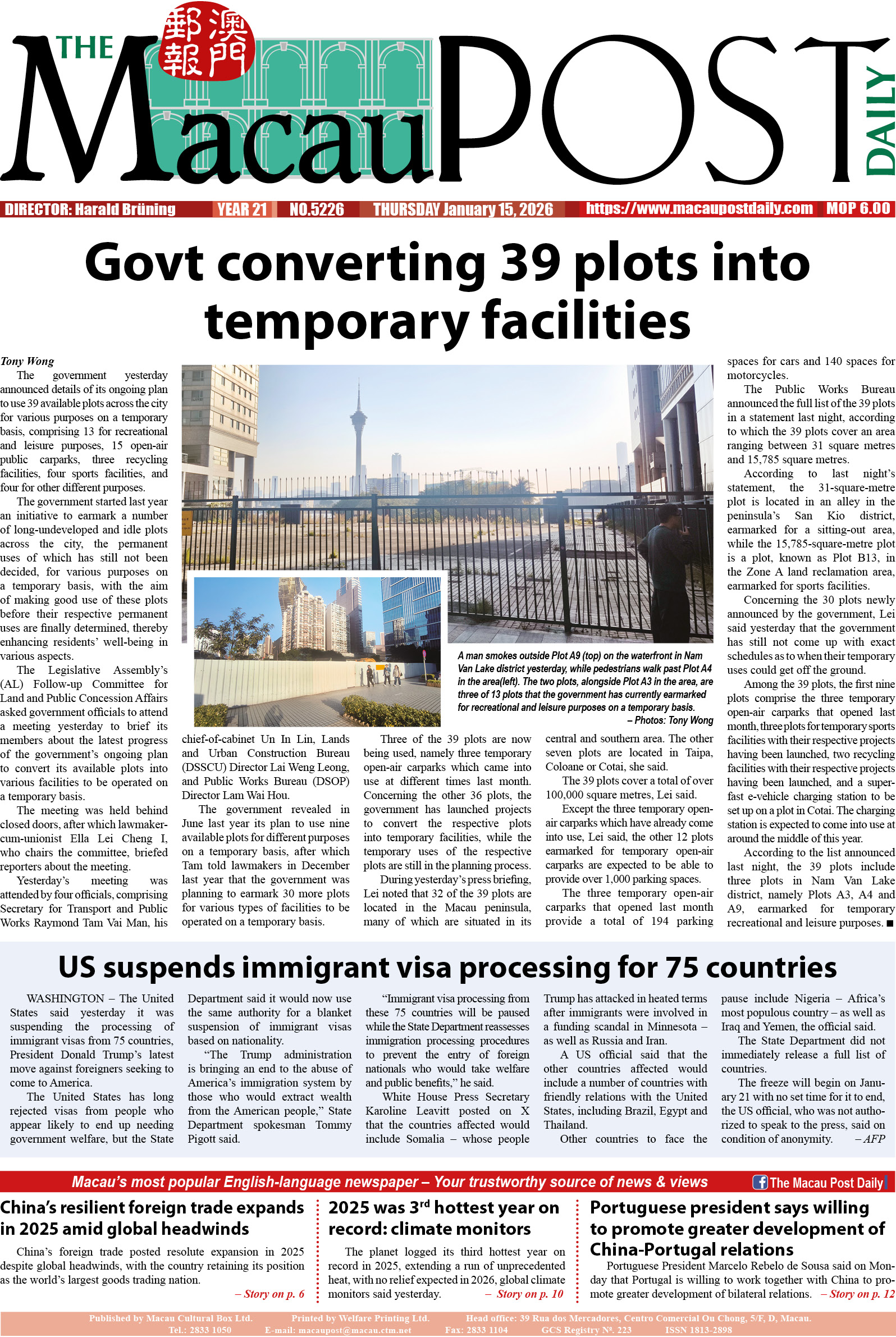Commentary by Maya Majueran*
The Lowy Institute recently published the 2024 Global Diplomacy Index, which is an interactive tool that maps the world's most significant diplomatic networks. The index allows people to see where these countries and regions have invested in diplomacy, how they compare to each other in terms of their global diplomatic footprints, how their diplomatic networks have evolved over time, and where they seek to exercise those networks to expand influence.
As per the 2024 GPI, China is the world's largest diplomatic power, with a wider presence across the globe than the United States. Beijing had a total of 274 diplomatic posts, while Washington had 271, according to the report. Regionally, China has a heavier presence in geopolitically contested Africa (60:56 posts), East Asia (44:27), the Pacific island countries (9:8) and Central Asia (7:6) than the US. As for the US, it leads in Europe (78:73), North and Central America (40:24) and South Asia (12:10). Both countries have an equal number of posts in the Middle East (17) and South America (15).
This shows China has emerged as a formidable player in the Global South. Turkiye and India, too, have rapidly expanded their diplomatic networks across the world, with Turkiye rising to 3rd place on the index and India to 13th.
The success of China's diplomacy can be attributed to its Chinese characteristics, style and ethos, and its goal of promoting the well-being of all by building a community with a shared future for mankind. Another factor in China's favour is that, as a member of the Global South, it always stands on the side of developing countries.
China believes all countries, regardless of size, should be treated as equals in a multipolar world, and should be able to exert their influence, while it rejects hegemonism and power politics. It also believes that true democracy should be promoted in international relations, the United Nations Charter should be adhered to by all countries, and multilateralism should be upheld.
China has been reiterating that it will always try to become self-reliant but will fulfil all its international responsibilities as a responsible major country. It has also been reiterating that it will always uphold fairness and justice, help build an equitable and orderly multipolar world and uphold the equality of all countries.
The China-brokered rapprochement between Iran and Saudi Arabia in March last year led to the re-establishment of diplomatic relations between the two Middle East countries after seven years, which was a diplomatic victory for China. Since then, things have changed for the better in Middle East diplomacy, as evident in Syria's readmission to the Arab League in May 2023 after a 12-year suspension.
China released documents titled "China's Position on the Political Settlement of the Ukraine Crisis" in February 2023 and the "Position Paper of the People's Republic of China on Resolving the Palestinian-Israeli Conflict" in November 2023.
China's position on the Russia-Ukraine and Israel-Palestine conflicts that they should be peacefully resolved, along with the West's double standard on the Gaza crisis, has further widened the Western world's gap with the Global South. As a result, more and more countries, especially those in the Global South, to ensure their future is in their own hands, demand that international rules be written together by all countries, global affairs be jointly handled and development benefits be shared by all.
The US and its Western allies have for long been trying to impose Western values and political system on other countries in the name of promoting democracy and protecting human rights, and even bullying emerging market and developing economies to take sides.
In contrast, China has always advocated and pursued win-win cooperation. Indeed, win-win cooperation is the core principle of China's diplomacy. China's diplomatic moves in 2023 show that it really wants to restore lasting peace across the world by helping end conflicts, contributing to global development, and improving the existing world order.
China also advocates that conflicts be resolved through dialogue, which gains added importance in the face of the more than two-year-old Russia-Ukraine conflict and the five-month-long Israel-Palestine conflict that has claimed more than 30,000 Palestinian lives, the majority of them children and women.
The geopolitical landscape has changed drastically in recent years, with the world witnessing the rise of new and diverse global powers capable of wielding influence in both the global market and the global governance system. The Global South, emerging as a key player in international relations, is no longer reluctant to say how world affairs should be run so it can get its due benefits.
Like it or not, the US and its Western allies have to heed the Global South concerns, and take measures to address them by reforming the global financial architecture and improving the global governance system. Otherwise, the Global South, with BRICS and the Shanghai Cooperation Organization, will lead the charge to reform the global financial structure and improve the global governance system. And China, with its unique diplomacy, will provide the leadership to the Global South in this noble cause.
* The author currently serves as a director of BRISL, an independent and pioneering Sri Lanka-led organization, with strong expertise in Belt and Road Initiative advice and support.
– Courtesy of China Daily







